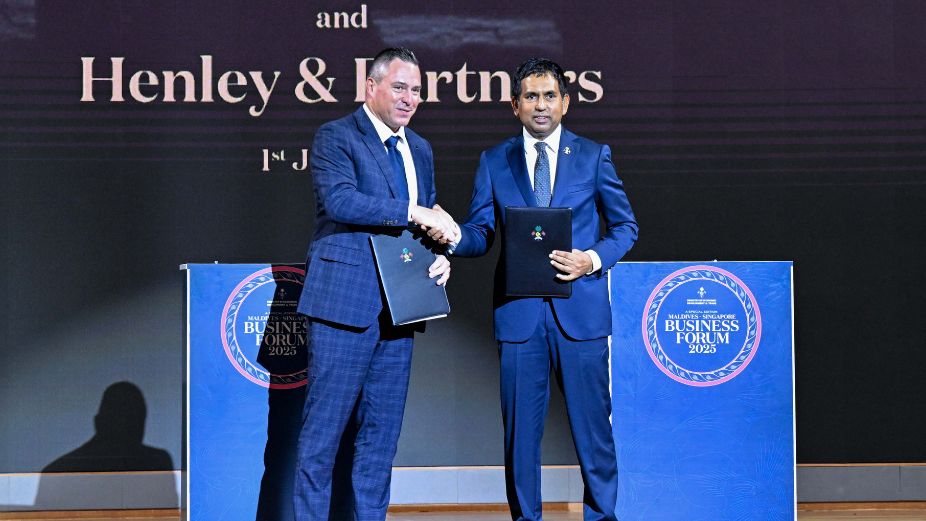
This week, the Maldives officially entered the global investment migration market. In partnership with Henley & Partners, the country is launching its first-ever residence by investment programme, offering foreign high-net-worth individuals the right to long-term residence in exchange for real estate investment. The move is being framed as a strategic effort to diversify the economy and tap into global capital beyond tourism revenues.
But while the appeal of attracting deep-pocketed investors is clear, especially for a small island nation facing mounting economic pressures and climate vulnerabilities, the path ahead is far from simple. If not carefully designed and managed, this new initiative could bring unintended consequences, as seen in other countries that embraced similar schemes.
According to the press release from the Ministry of Economic Development and Trade, the programme will focus on real estate acquisition, offering “state-of-the-art properties with the utmost privacy and exclusivity.” It promises investors a stable, secure, and tropical lifestyle, a familiar pitch for countries marketing themselves as safe havens in an increasingly unstable world.
The Maldives’ offering will sit alongside programmes from countries like Portugal, Greece, and the UAE, which have also tried to monetise residency rights through investment. These schemes typically require property purchases, with thresholds ranging from €250,000 to over €1 million, often paired with minimum stay requirements.
Portugal’s golden visa programme, launched in 2012, was initially lauded for bringing in billions in foreign direct investment. But over time, the negative side-effects became harder to ignore: property prices surged, locals were priced out of urban centres, and speculative development thrived while much-needed affordable housing dwindled. By 2023, the Portuguese government began phasing out parts of the programme.
Cyprus, too, shut down its passport-for-sale scheme after a corruption scandal and mounting pressure from the EU. Even in Dubai, where investor visas are part of a broader development model, the strategy only works because of extensive infrastructure, business ease, and a well-oiled residency and legal framework.
The lesson is clear: offering residency is not just about the visa. It’s about what lies beneath, governance, infrastructure, legal predictability, quality of life, and the credibility of institutions.
For this programme to be more than a short-term cash grab, the Maldives must urgently address key gaps:
- Infrastructure and Accessibility: A luxury villa in the Maldives is only as attractive as the ability to get there easily and affordably, with reliable electricity, water, internet, and healthcare. Investors expecting a second home will demand more than just sand and sea.
- Legal and Tax Certainty: Clear rules on property ownership, dispute resolution, inheritance rights, and taxation are critical. High-net-worth individuals tend to avoid jurisdictions where rules shift frequently or where legal enforcement is unclear.
- Healthcare and Education: Long-term residence means people might bring families. International-standard healthcare and access to quality education, even if private, become essential offerings.
- Environmental Planning: Real estate-driven growth often collides with environmental conservation, particularly in ecologically sensitive island chains like the Maldives. Poor planning could backfire both reputationally and ecologically.
- Public Buy-In: The government must also consider how this scheme is perceived by locals. Will it widen inequality? Will it create enclaves of foreign wealth amid local hardship? Transparency and public communication will matter.
Done right, this investor visa programme could be a tool for attracting quality investment, creating jobs, and upgrading national infrastructure. Done poorly, it could inflate property prices, strain local resources, and create a two-tier society that benefits the few at the expense of the many.
The Maldives is offering a version of paradise, not just to tourists now, but to permanent residents. Whether it becomes a meaningful path to prosperity or a short-sighted sale of sovereignty depends entirely on the details still to come.
This is not just about attracting capital. It is about building a country where people, local or foreign, actually want to live, invest, and contribute for the long haul.












